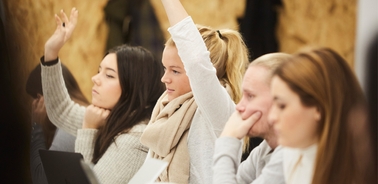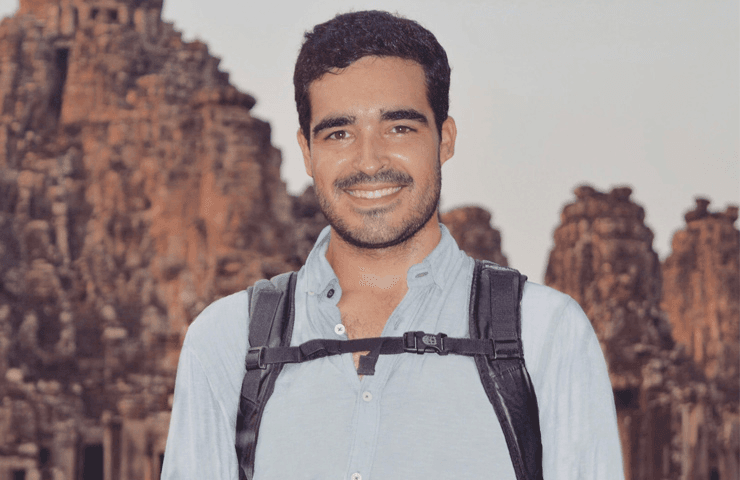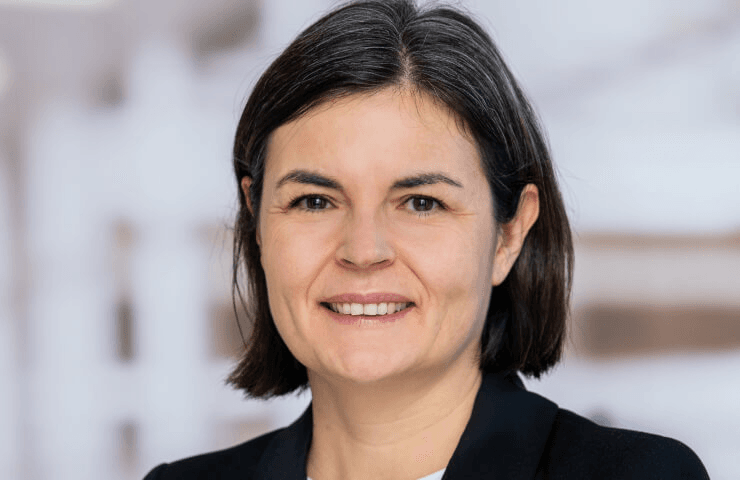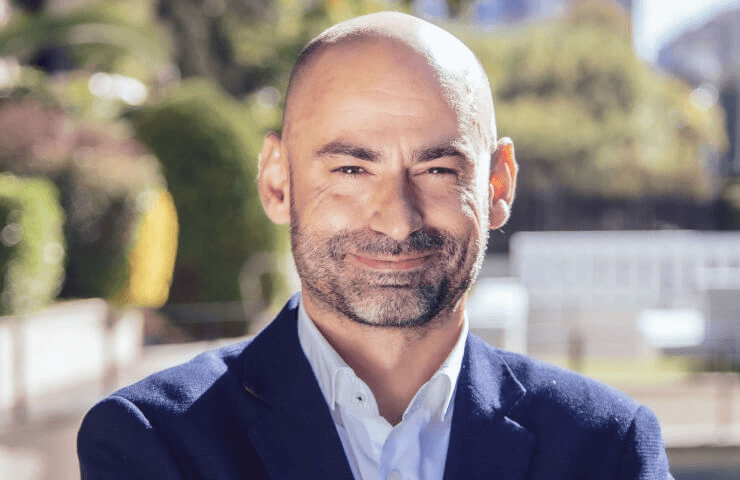- Home
- New Materials For Educational Purposes And Beyond
New materials for educational purposes and beyond

IE University graduate Ricardo Maia discusses his collaborative research with two IE professors, on pedagogical innovation in a technology-driven world.

Actually, for someone who is as passionate about so many different fields as I am, choosing which career path to take proved to be one of my most difficult tasks to date. But there is one thing I knew for sure: I have always wanted to work with and for people. It was only when I started to study economics that I found one of my greatest passions.
Economics as a social science is primarily concerned with the behavior, decisions, and relationships of individuals and societies in the face of scarcity. I found myself highly intrigued by the systems of production and the distribution of wealth. During my studies, I gained a genuine interest in learning about the economic and social aspects of different development processes and the rise of inequality in the world. I’ve hence discovered that these phenomena should be widely studied in order to help us formulate new, efficient solutions to help fight poverty and expand progress opportunities for many deprived sections of the world’s population.
With this in mind, I became a fellow of the Portuguese NGO, MOVE, and spent time living in Timor-Leste. While there, I worked with local entrepreneurs to help them design and improve their businesses through training and advice sessions. I was in charge of promoting entrepreneurship across the country, as well as developing partnerships with local, international, and government organizations to begin creating a more sustainable future in one of the most oil-dependent economies in the world. I also made sure to act as an active member of the local community. My work in Timor-Leste ended up being the most fulfilling experience I have ever had. As someone who works in the field, I was able to see its impact firsthand, while also experiencing life in a challenging environment. This combination increased my passion for development economics even more.
I don’t believe there is anything more exciting than the study of economic development, the processes involved in overcoming poverty and inequality, and the creation of sustainable societies. Post graduation, I was fortunate enough to continue studying these topics at IE School of Global & Public Affairs as a research assistant for pedagogical innovation.
"Working with alumni in developing teaching materials allows IE University to break down the walls between faculty and students, and to bring insights provided from previous intakes to future ones.”
Patricia Gabaldón, Vice Dean of Pedagogical Innovation and Director of the Bachelor in Economics
In my role as a research assistant, I work closely with Patricia Gabaldon, Vice-Dean of Pedagogical Innovation, to support selected faculty on developing content and materials in preparation for hybrid teaching in times of the COVID-19 pandemic. This includes: reviewing past course syllabi, identifying relevant case studies, making presentations and in-class materials, designing novel approaches to the program portfolio, creating assignments and exams, investigating various types of resources and tools, exploring new cases and articles to enhance the diversity of course content, and developing learning assets alongside the Publishing Department.
“The new hybrid mode requires new pedagogies that are adapted to the new context.”
Borja Santos, Executive Director and Professor at IE School of Global & Public Affairs
In my recent collaboration with Borja Santos, we have been working on the creation of pedagogical and informative materials focused on international development. Particularly, in regard to international aid, we have developed extensive infographics and educational materials using Results-Based Financing (RBF) approaches. RBF uses instruments that are increasing in importance and use in the development cooperation sector. In some cases, RBF may help improve the quality and impact of social programs by ensuring that development funding is linked to predefined results and, therefore, can act as an innovative solution to drive aid efficiency.
“As faculty, working with students helps us question ourselves and see how pedagogical materials impact their learning environment through different eyes.”
Borja Santos, Executive Director and Professor at IE School of Global & Public Affairs
With this project, our goal is to create materials that can be useful not only in the classroom, but also outside of it. Ultimately, we want to help to introduce these approaches, and create visibility for sectors outside of the academic world.
In today’s world, technology introduces excellent tools designed to help students learn more efficiently. Online materials give students a more flexible learning experience, making them a powerful asset in any modern classroom. In the evolving world affected by the global pandemic, it seems fundamental to minimize the educational disruption—making creative use of technology a possible solution. After all, this is also an opportunity to rethink how digital technologies can be used to support both teaching and learning. Through IE University’s Liquid Learning methodology, students are able to have the best of both worlds. An extraordinary and transformational educational experience via hybrid teaching.
Education has never been impacted as drastically as it has been by the COVID-19 pandemic. The effects of this pandemic can be found in any country, society or campus. Inducing unique challenges and risks, these effects demand complex, innovative and creative responses to mitigate the impact of this crisis on education and its practices. As such, the adaptation of educational pedagogy and optimization of class materials comes as something crucial to help students lead their own learning and professional journey.
My recommendation for students and teachers during these hard times is to take advantage of all the tools and materials offered. Technology should be used to promote learning and facilitate motivation, but also to demonstrate self-regulatory strategies and awareness practices. The whole learning community must be compelled to innovate and collaborate effectively in order to use this uncanny reality as an opportunity to grow, improve and reimagine the learning experience together.
To learn more about this project visit this link.

